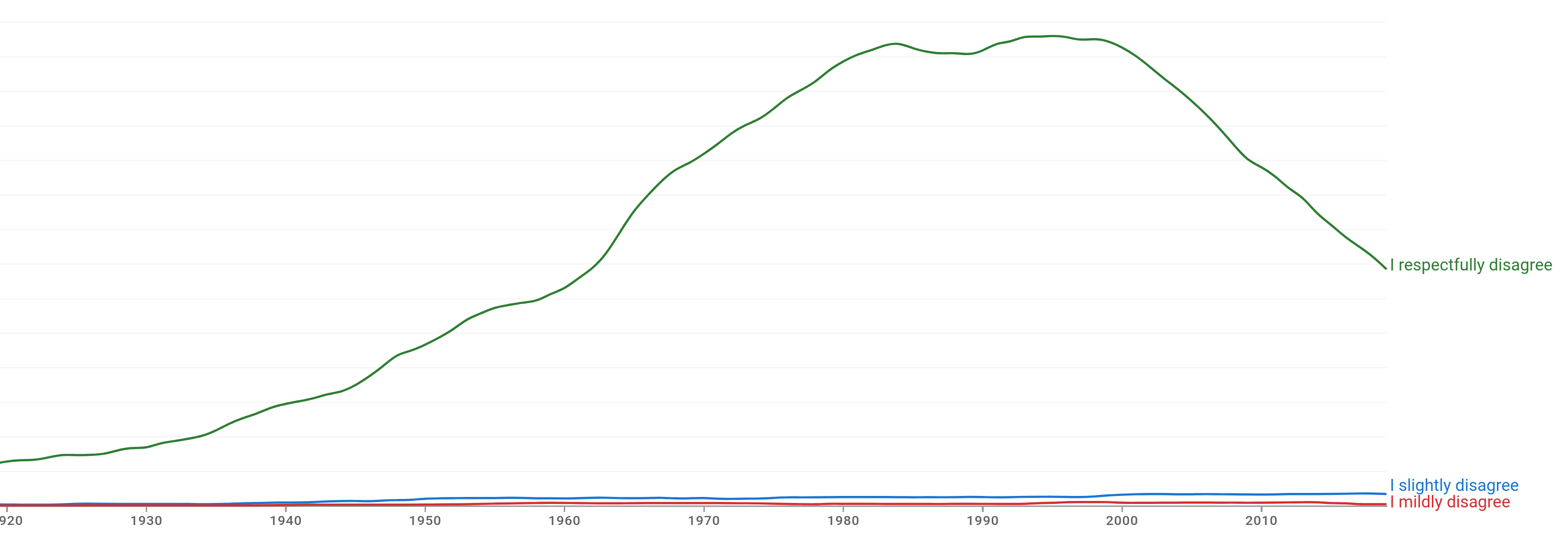Is saying "mildly/slightly disagree" proper English?
A firm/company may have a policy stating that all employees have to dress formally when they are in the office.
Let's say I work as an employee, and I feel that it is pointless for the computer/software technicians/analysts to dress formally. I can understand if high-level executives and sales people have to dress formally all the time because they meet with customers/clients. However, I do Not think enforcing the policy is a catastrophic/disastrous event. It might be a little burdensome or inconvenient but Not catastrophic.
Would it be correct to say?
"I slightly/mildly disagree with said dress code policy of the company"

